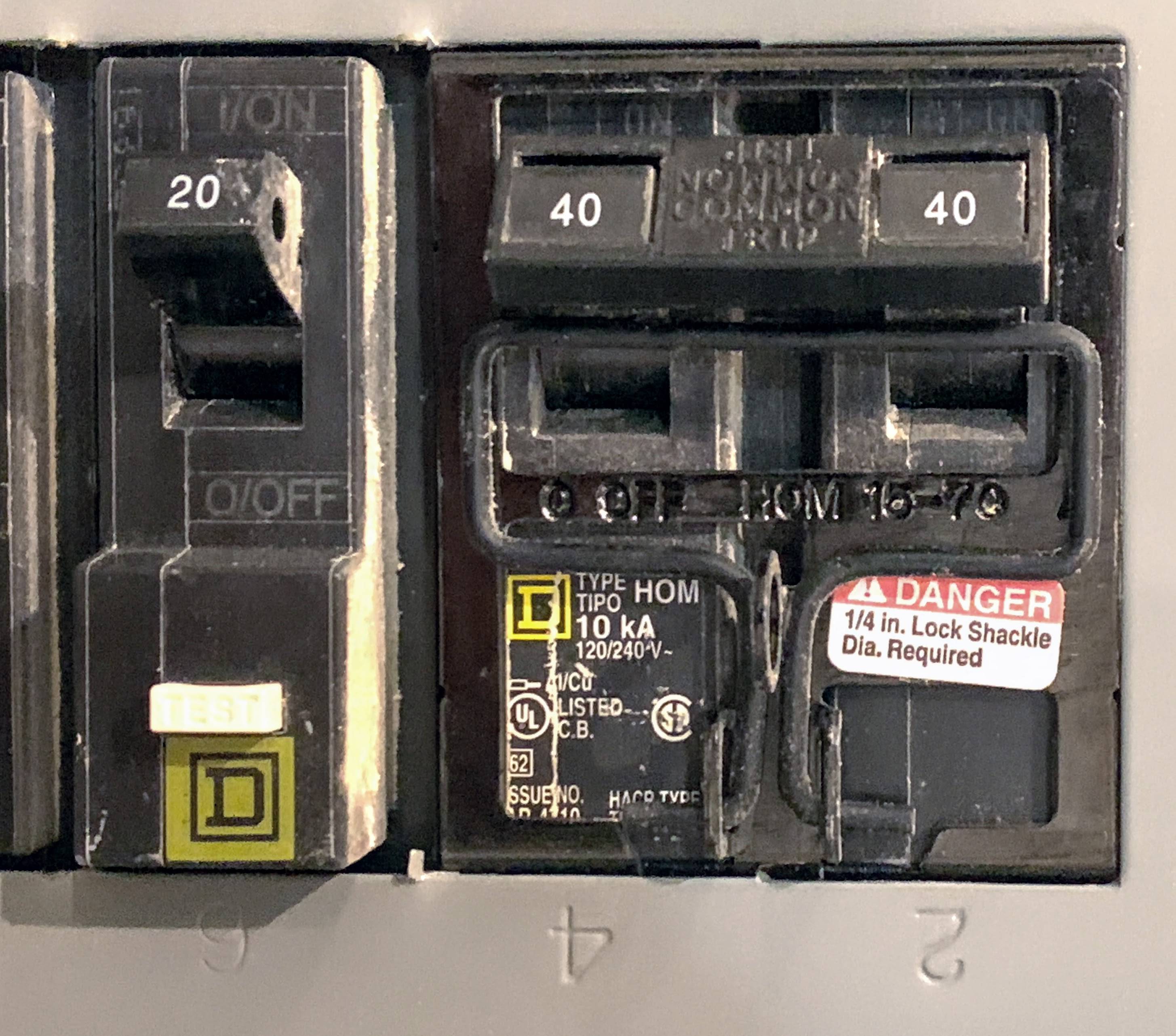Yes, they do pose a different hazard.
When someone is working on building wiring, receptacle, switch, etc., it is very easy to wrap up any problem areas if the work can't be completed in a single work session. (Yes, lockouts can be useful any time, but in a typical situation you can let everyone know "the electrician is on site, don't touch the main panel," and that is quite effective for a short period of time.) If work can't be completed in a single session, you can cap wires with wire nuts and generally make things "safe" – the one exception might be known damage to wires in a wall, in which case the wires will likely need to be replaced and the first step would be to disconnect at a junction box or at the breaker, depending on the situation.
Not so with appliance repairs. If you have a major appliance repair, it is quite possible that you will have the appliance opened up with parts all over the kitchen or HVAC closet. It is also quite possible that the design is such that disconnecting and capping the wires coming into the appliance will actually complicate testing of repairs, depending on where the wires enter the appliance. And then you find that the widget is the 2002 model instead of the 2001 model and it won't work and you have to go back to the parts store to get a replacement. And they're closed for the day so you have to come back tomorrow. And you really don't want to put everything back together and the homeowner doesn't want to pay for yet another extra hour of labor for you to put it together still not working and take it apart again. So the lockout now becomes key to make sure that somebody else, who wasn't around when the repairs were being done doesn't:
- Come home and find the house is cold
- Mess with the thermostat and find heat is not coming on
- Go to the main panel and see the breaker OFF and flip it ON (having no idea why it was turned OFF)
- Hear a very loud noise from the HVAC closet because tools, screws, etc. shorted out something or
- Go to the HVAC closet because the heat still isn't coming on and touch something exposed that turns out to be energized

